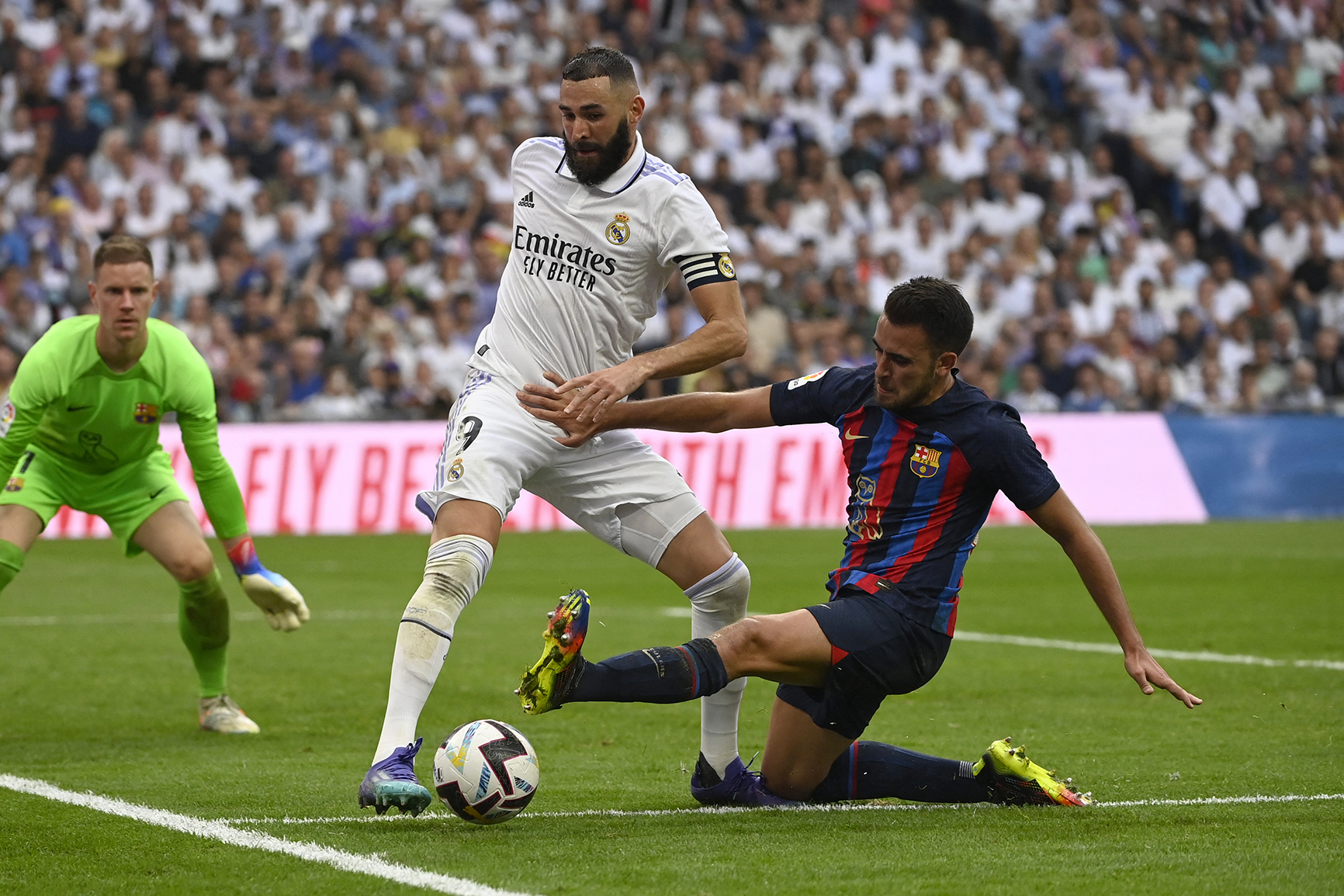
Earlier this week, Advocate General Rantos delivered an eagerly anticipated preliminary ruling in what, at face value, appears to be the final nail in the coffin for the prospect of the European Super League (ESL) dream to develop any further.
How did we get here? Following the announcement by the ESL to create a new football competition for elite football clubs back in April 2021, the Fédération Internationale de Football Association (FIFA) and the Union of European Football Association (UEFA) both refused to recognise the newly created body.
They subsequently proceeded to threaten any player or club who sought to take part in any competition that would be organised by the ESL, resulting in such player or club potentially being fined or worse still expelled from UEFA/FIFA should they have still insisted on forming part of the ESL.
In the view of the company behind the idea of the ESL, the conduct of FIFA and UEFA was regarded as being anti-competitive and incompatible with European Union (EU) competition law and the provisions of the Treaty on the Functioning of the European Union (TFEU) relating to the fundamental freedoms.
As a result, the company initiated proceedings before the Commercial Court in Madrid, Spain who in turn requested the European Court of Justice (ECJ) to deliver a preliminary ruling on whether certain provisions of the FIFA and UEFA statutes and the warnings or the threats of sanctions issued by those federations comply with EU law, in particular with the provisions relating to competition law (Articles 101 and 102 of the TFEU Treaty) and to the fundamental freedoms (Articles 45, 49, 56 and 63 of the TFEU Treaty).
In the opinion of Advocate General Rantos, the Madrid Commercial Court should consider in its deliberations four points.
Firstly, that the FIFA-UEFA rules under which any new competition is subject to prior approval are compatible with EU competition law.
Secondly, the EU competition rules do not prohibit FIFA, UEFA, their member federations or their national leagues from issuing threats of sanctions against clubs affiliated to those federations when those clubs participate in a project to set up a new competition which would risk undermining the objectives legitimately pursued by those federations of which they are members.
Thirdly, the EU competition rules do not preclude the restrictions, in the FIFA Statute, concerning the exclusive marketing of the rights relating to the competitions organised by FIFA and UEFA.
Lastly, Advocate General Rantos opined that EU law does not preclude the FIFA and UEFA Statutes which provide that the setting up of a new pan-European interclub football competition is to be subject to a prior approval scheme.
In reaching the above conclusions, Advocate Rantos based such recommendations on the fact that when considering the competition’s characteristics, the restrictions that are imposed by FIFA-UEFA are in themselves inherent and proportionate for achieving the legitimate objects related to the specific nature of sport and thus fall outside the scope of Article 101(1) TFEU.
Furthermore, the relationship between sport and EU law was considered comprehensively as well as the recognition of the European Sports Model which is characterised by a series of elements applicable to a number of sporting disciplines on the European continent, including football.
In the opinion of the Advocate General, the mere fact that the same entity performs the duties both of regulator and of organiser of sporting competitions does not entail, in itself, an infringement of EU competition law.
It must be noted that despite the conclusions reached by the Advocate General, such opinion is not binding on the enquiring court.
Thus, the Madrid Commercial court shall now begin their own deliberations concerning the case and it remains to be seen what the final outcome reached by such court shall be.
Needless to say, all eyes within the sports industry and beyond will be firmly on the judges when delivering judgment.
In the meantime, those behind the ESL shall continue to dream, whilst FIFA and UEFA will hope that their stronghold position in the football industry remains intact.
Wishing all readers a Merry Christmas and a prosperous New Year 2023.
Dr Robert Dingli is a sports lawyer and Senior Associate at Dingli & Dingli Law Firm

World Cup News
-
FIFA World Cup
/ 4 hours agoSaudi oil giant Aramco agrees major FIFA sponsorship deal
Saudi Arabia’s state oil giant Aramco and world football governing body FIFA on Thursday...
By AFP -
FIFA World Cup
/ 1 month agoSon scores but Thailand hold South Korea in World Cup qualifier
Son Heung-min scored but South Korea were held 1-1 at home by Thailand in...
By AFP -
FIFA World Cup
/ 2 months agoJapan-N. Korea World Cup game to stay in Pyongyang, JFA says
Japan’s World Cup qualifier against North Korea will be played in Pyongyang as planned...
By AFP -
FIFA World Cup
/ 2 months agoGerman ex-FA bosses on trial over World Cup tax evasion
Three German ex-top football officials went on trial on Monday in a 13.7-million-euro ($14.8...
By AFP

American Football
Bears draft USC quarterback Williams with No. 1 pick

English Premier League
Chelsea’s Fernandez to miss rest of season after groin surgery

FIFA World Cup
Saudi oil giant Aramco agrees major FIFA sponsorship deal

English Premier League
‘Miles to go’, says Dyche as Everton eye revival

English Premier League
Slot philosophy could suit Liverpool: Van Dijk

Winter Olympics
Watch: Geisenberger wins sixth Olympic medal to tie luge record

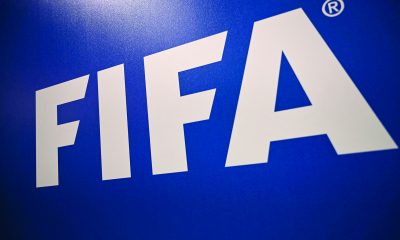

















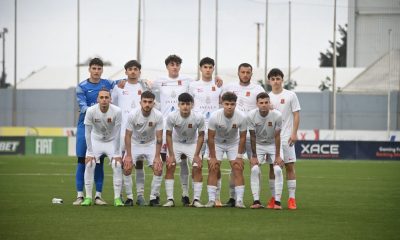
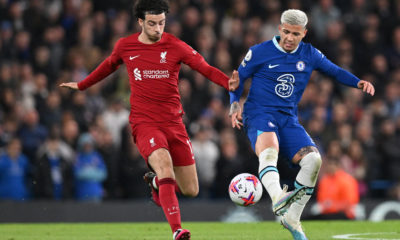
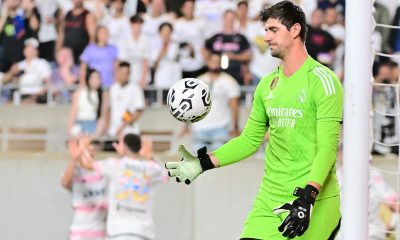





1 Comment